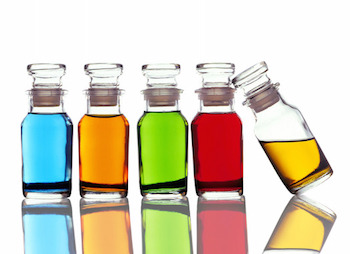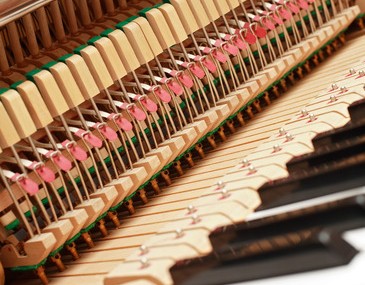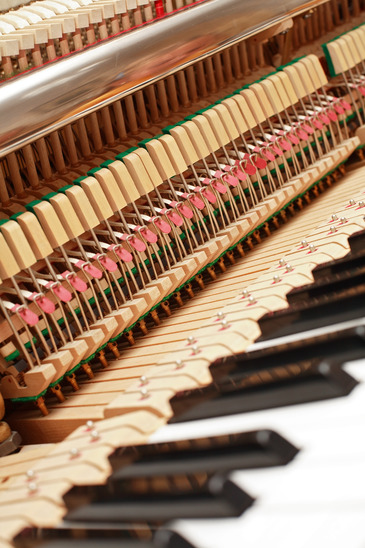Now that you’ve been staying in place for a few weeks, has cleaning taken on a whole new meaning? Do you find yourself scrubbing everything down daily, lugging out the bleach to ensure everything is clean?
Before you take a rag to clean and disinfect your piano, let’s talk about safety.
COVID-19 has made us more aware than ever that our fingers can be weapons. If you head to the grocery store, for example, and pick up germs, everything you touch in between can spread the bacteria. That’s why handwashing is so important.
It’s also why it’s important to clean and disinfect the things you do touch regularly. Like your keys, your doorknobs, light switches, and remote controls.
While you can use a spray cleaner on a light switch or doorknob, don’t try that on your piano keys.
Caring for your piano takes a different strategy than other fixtures in your home.
First, it’s important to know what your piano keys are made of. “Tickling the ivories” became a catch-phrase because piano keys were once made out of ivory. The practice of using ivory in piano production was banned decades ago, but that doesn’t mean ivory piano keys are completely gone. If you have a piano that’s been handed down from generation to generation, there’s a chance real ivory was used.
Real ivory is porous, which means they can get dirty quickly. You’ll also find they give off a yellowish color as they age. Ivory is very distinct in how they look and feel; you’ll see horizontal lines flowing from the key’s head to tail. You’ll also see the distinct veneer covering the wooden key placement underneath.
Plastic keys may try and imitate this look, but you can tell the difference. Plastic keys are molded in entirety, making them more durable and affordable to manufacture.
Black keys are made from plastic or ebony wood. They are polished to give a sheen.
No matter what type of keys your piano has, remember liquid is an enemy, not a friend. Less is more when it comes to cleaning. Never spray any cleaner directly onto the keyboard. Liquid can seep in between, settle there, and do extensive damage.
Instead, always use a damp cloth and ensure you work one key at a time, leaving no moisture behind. We recommend one part white vinegar to two parts water. Do not use bleach of any kind, as that will dull, strip, and damage the keys.
You can also make it a rule that hand washing is necessary before anyone sits down to play. That will reduce the chance of any trace germs settling onto your keys. And eliminate the chance of germs settling in.
Caring for your piano with the coronavirus on everyone’s mind doesn’t have to be a demanding chore. Use common sense to ensure your piano has a very long life.



 Here are some basic rules for caring for your piano so that it will last will years:
Here are some basic rules for caring for your piano so that it will last will years:
